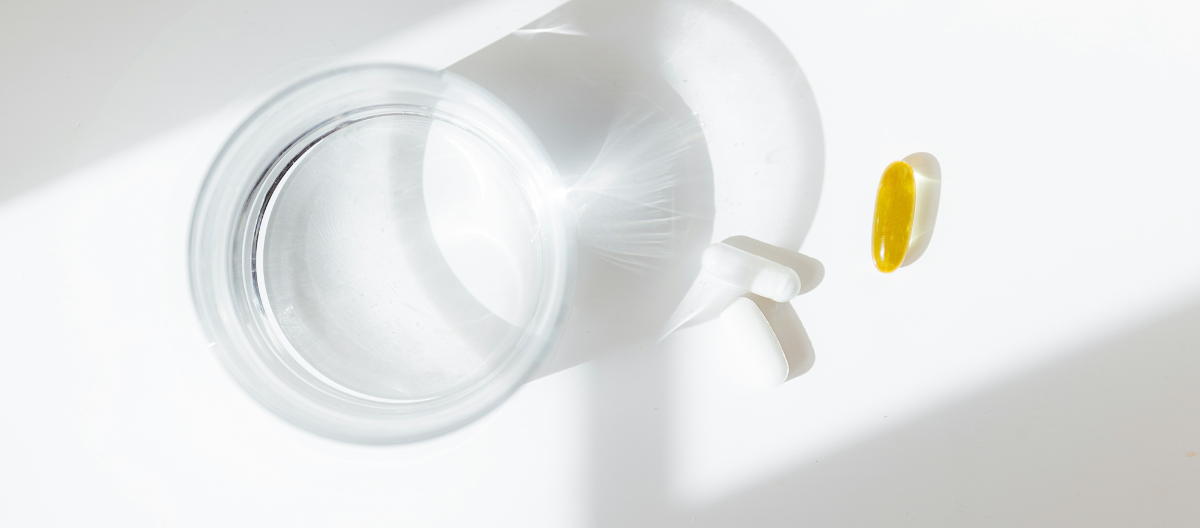Zinc is an essential mineral that plays a crucial role in various physiological functions and overall health. For women, maintaining adequate levels of zinc is particularly important due to its involvement in immune function, skin health, reproductive health, and more. Here’s a look at the key benefits of zinc for women’s health:
Supports Immune Function
Zinc is vital for a well-functioning immune system. It helps in the development and function of immune cells and enhances the body’s ability to fight infections. Adequate zinc levels can help reduce the duration and severity of common illnesses such as colds and flu. Stronger immune defenses and a reduced risk of infections, leading to better overall health and fewer sick days.
Promotes Healthy Skin
Zinc plays a role in skin health by supporting the healing process, reducing inflammation, and maintaining the integrity of the skin barrier. It is often used in topical treatments for acne and other skin conditions due to its anti-inflammatory and antibacterial properties. Improved skin health, reduced acne outbreaks, and faster healing of wounds and skin irritations.
Supports Reproductive Health
Zinc is important for reproductive health, influencing hormone production and regulating the menstrual cycle. It also plays a role in ovulation and fertility, making it an important mineral for women trying to conceive. Enhanced fertility and menstrual health, as well as support for hormone balance.
Aids in Cognitive Function
Zinc is involved in cognitive function and mental health. It supports brain health by influencing neurotransmitter function and brain signaling. Adequate zinc levels are associated with better memory and cognitive performance. Improved cognitive function, better memory, and a potential reduction in the risk of neurodegenerative diseases.
Supports Bone Health
Zinc contributes to bone health by aiding in the formation of bone cells and influencing bone density. It works in conjunction with other minerals like calcium and magnesium to maintain strong bones. Reduced risk of osteoporosis and improved overall bone health, especially important for women as they age.
Regulates Hormonal Balance
Zinc plays a role in regulating hormones such as estrogen and progesterone. This regulation is essential for maintaining a healthy menstrual cycle and managing symptoms of premenstrual syndrome (PMS). More balanced hormonal levels and alleviation of PMS symptoms.
Enhances Metabolism
Zinc is involved in various metabolic processes, including protein synthesis, DNA synthesis, and cellular metabolism. It helps in the proper function of enzymes that are crucial for converting food into energy. Better metabolic function, which can support healthy weight management and energy levels.
Assists in Wound Healing
Zinc is essential for the repair and regeneration of tissues. It accelerates the healing of wounds and supports the immune response, which is vital for recovering from injuries or surgeries. Faster wound healing and improved recovery from injuries or surgical procedures.
Supports Eye Health
Zinc is important for maintaining eye health and may help protect against age-related macular degeneration (AMD) and other vision problems. It is a key component of several enzymes that protect the eyes from oxidative damage. Enhanced eye health and a reduced risk of developing age-related vision problems.
Contributes to Overall Well-being
Maintaining adequate zinc levels supports overall well-being and helps ensure that various bodily functions operate smoothly. It contributes to a strong immune system, healthy skin, balanced hormones, and effective metabolism. Overall better health and well-being, with reduced risk of deficiencies and related health issues.
Sources of Zinc
To ensure adequate zinc intake, women can include the following foods in their diet:
- Red Meat and Poultry: Beef, pork, and chicken are excellent sources of zinc.
- Seafood: Oysters, crab, and lobster provide high amounts of zinc.
- Legumes: Chickpeas, lentils, and beans contain zinc and are suitable for vegetarians.
- Nuts and Seeds: Pumpkin seeds, cashews, and hemp seeds are good sources.
- Dairy Products: Cheese and milk provide zinc as well as other essential nutrients.
- Whole Grains: Oats, quinoa, and whole wheat products contribute to zinc intake.
Zinc is a vital mineral with numerous health benefits for women, including support for immune function, skin health, reproductive health, and cognitive function. Ensuring adequate zinc intake through a balanced diet or supplements can help women maintain optimal health and well-being. As always, it is best to consult with a healthcare provider before starting any new supplements to ensure they meet individual health needs and conditions.


